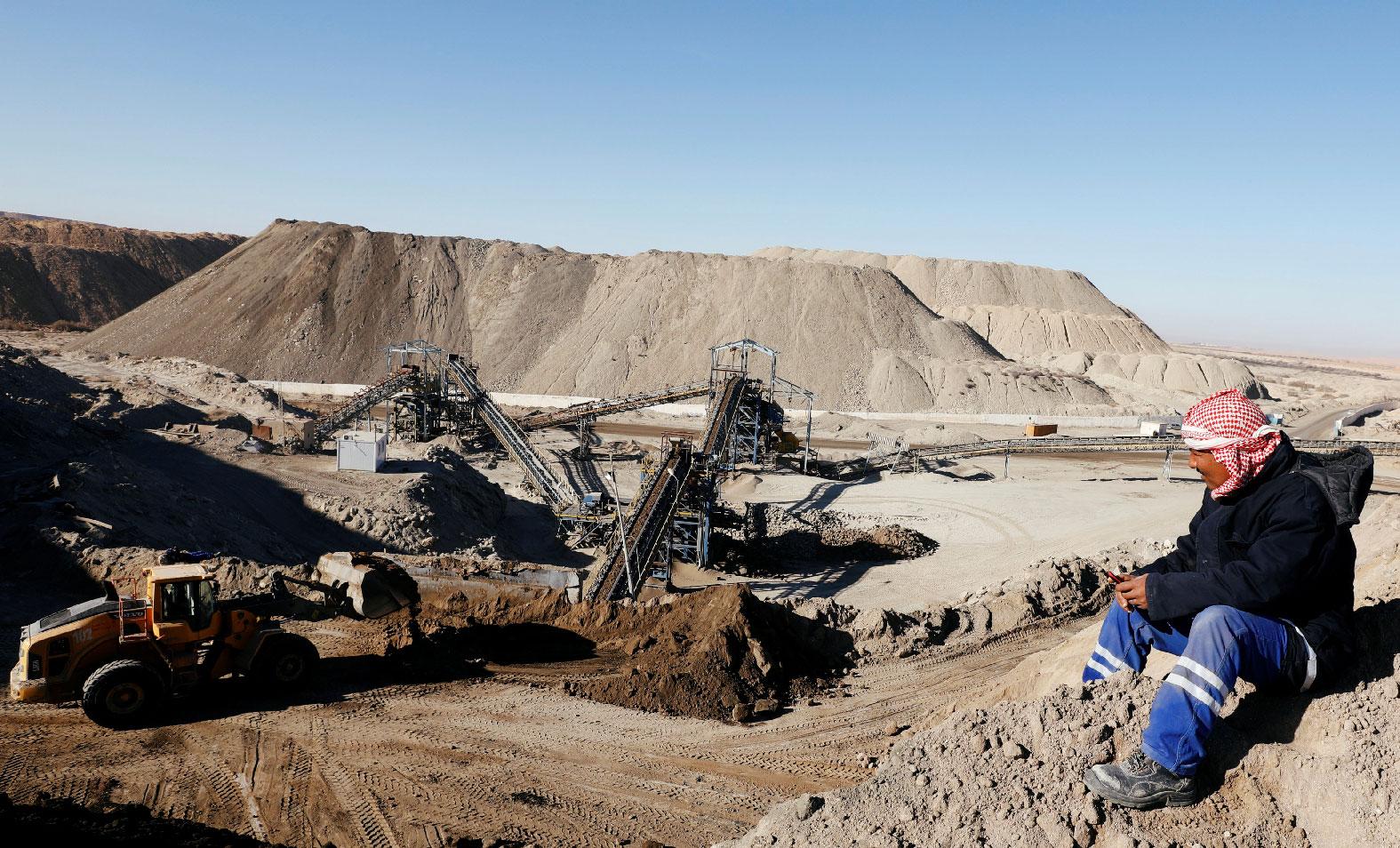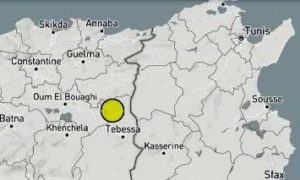The Gafsa Phosphate Company (CPG), whose economic losses amounted to 480 MD at the close of 2019, is experiencing a tough financial situation, to the point of not being able to reach its principal engagements, prominently, the payment of social contributions (34 MD) and taxes (36 MD), the TAP reported.
At the production level, the company reported a decline to 3.6 million tonnes per year, versus a volume varying between 8.1 and 8.3 million tonnes in 2010. The company, which was placed fifth worldwide in terms of production, lost most of its traditional markets.
Speaking to the TAP, CPG Deputy Managing Director Rafâa Nassib said that the company is today incapable to meet the needs of the Chemical Group of Tunisia and the company “Tifert” in phosphates, due to the 60% decline in production opposed to 2010, against a dizzying increase in production costs at the end of 2019, to 197.6 dinars per tonne against 48 dinars in 2010.
The official emphasised the value of obtaining a resolution to the problem of carrying phosphate by rail, remarking that “it is necessary to work quickly to upgrade the phosphate transport system, which is an indispensable factor for the return of production, so as to allow Tunisia to retrieve its position internationally in the field of phosphate production and fertilizers.
For his part, the CEO of the company specified, during a hearing session held Friday at the House of People’s Representatives (HPR) by the Committee on Industry, Energy, Natural Resources, Basic Infrastructure and Environment, that the phosphate sector in Tunisia suffers from structural problems especially at the level of transport.
He emphasised that the structural regression of the rail transport system of commercial phosphates designed for processing plants has reached 70%, which has led to a notable decline in the overall volume of sales.
Among the main causes of the deterioration of the situation are, the non productive recruitments in the branch company (7,000), the increase of the wage bill of the agents of CPG and the Tunisian company of the transport of mining products and environmental companies, to not less than 70% of the turnover of the company, which represents a risk for the sustainability of the company. He evoked the increasing burden represented by the creation of 4 environment companies, in the delegations of Metlaoui, Mdhila, Redaif and Om Araies) as well as three companies in Gabès, Sfax and Gafsa, which employ 12,200 agents with a wage bill of about 170 million dinars in 2019 drawing attention to the negative impact of the non-activation of environment and plantation companies.
Moreover, the company could not recover its debts which reached in 2019 nearly 850 MD, including 392 MD from GCT and 458 MD from Tifert Company.
The CEO mentioned the inability of the Tunisian Company of Transport of Mining Products to follow the same rhythm of extraction and production, as well as at the level of transporting the necessary quantities of phosphates within the mining basin (annual deficit of 14 million tons), in addition to the reasons related to the decrease in workers’ productivity following the 2013 recruitment operation of social nature, which led to a decrease in the level of repair and exploitation.
Khemiri referred to the significant delay in the implementation of major projects, particularly those aimed at increasing the company’s production capacity, specifying that among the causes of this delay are land problems.
The official noted that among the priority measures to overcome the difficulties of the CPG, is the securing of production sites, and ensuring the safety of staff and the preparation of production units, ensuring their maintenance and upgrading at the technical level, stressing the imperative to fight against unjustified “social protests».
Khemiri gave an overview of the situation of the company, where the demands escape the framework of negotiation with the trade union parties and the recourse to an anarchic halt of production by the workers.
Protests relating to the demand for employment degenerated to the point of denying workers access to the production centres for the simplest reasons (water or electricity cuts) as well as the blocking and sometimes the total stoppage of transport by the agents of the environmental and gardening companies for unacceptable reasons (late payment of wages, demand for a statute…).
For their part, the deputies criticised the absence of the State and its inability to apply the law in the face of all the problems and difficulties that CPG is experiencing.
President of the Energy Committee Abir Moussi said that the committee is working to solve this problem and intends to hear the social part.
In this respect, the committee plans to organise several sessions to discuss this issue in the presence of government officials (Ministries of Energy, Finance, Social Affairs, Environment, and Development, Investment and International Cooperation) and will schedule a visit to the Gafsa mining basin, according to Moussi.
What's happening in Tunisia?
Subscribe to our Youtube channel for updates.

















































